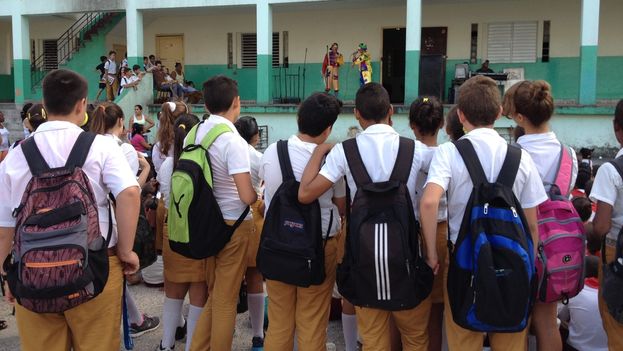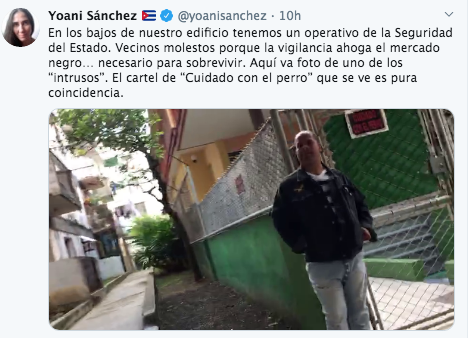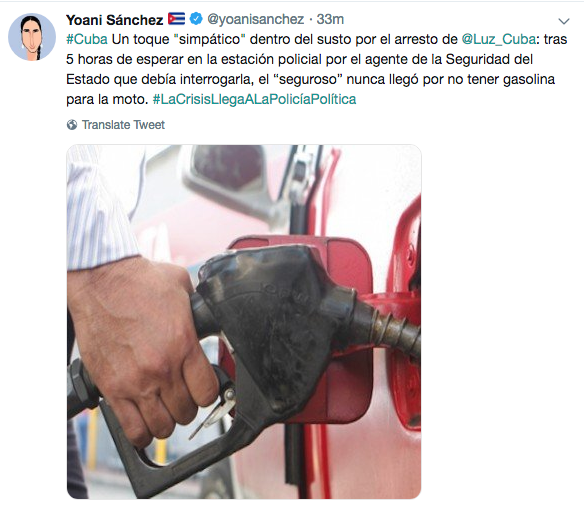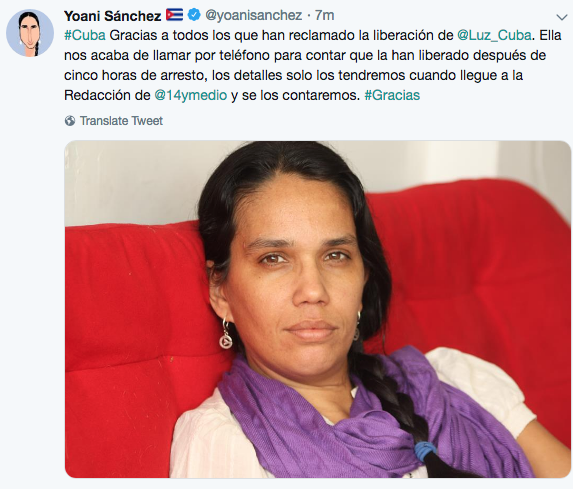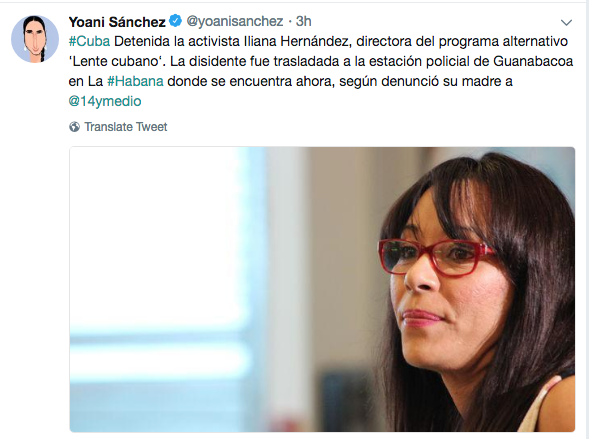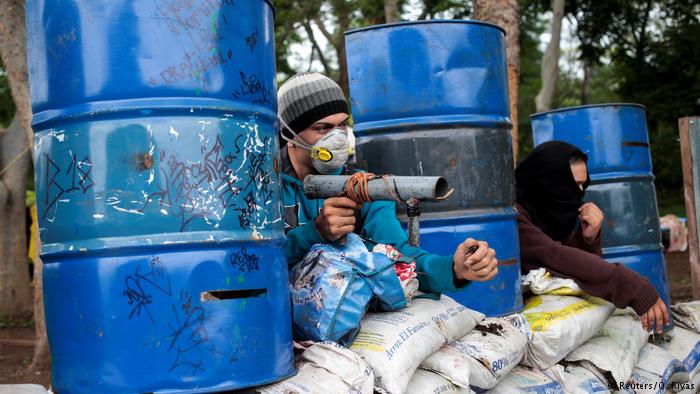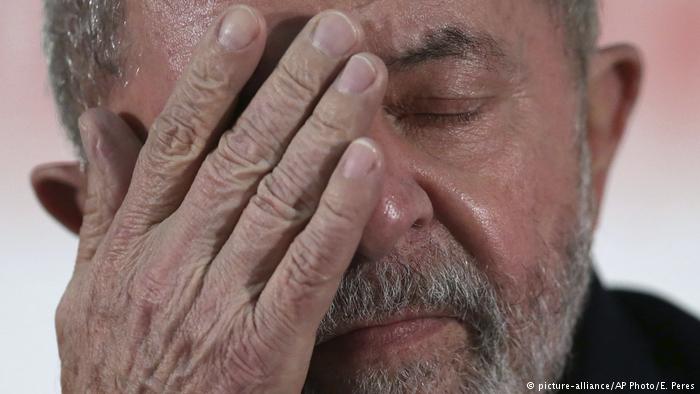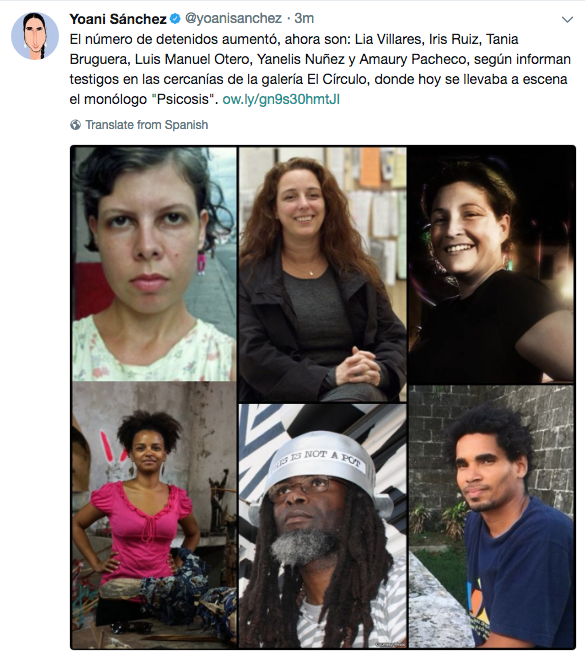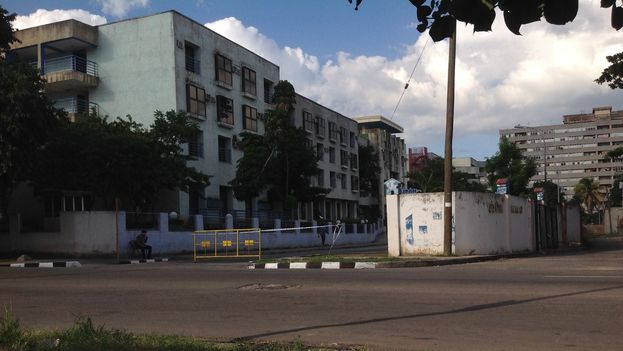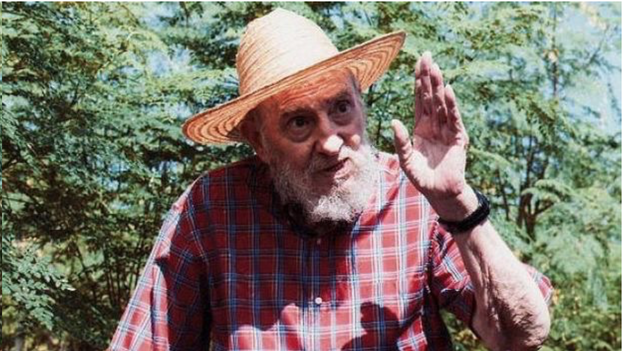This year the region will have weak growth of 1.3%, according to forecasts by the Economic Commission for Latin America and the Caribbean (ECLAC). A data point that barely manages to transmit the scope of lives that will be ruined by the region’s sluggish progress. Unfinished projects and a long string of social dramas will be accentuated in many of these countries in the coming months. The breeding ground from which populism springs.
However, the major drama remains the lack of horizons for millions of people on this side of the planet continue reading
A Haitian who risks crossing the jungle of Panama’s Darien Gap to reach the United States is driven not only by the miserable conditions of life in her country, the destruction left by natural phenomena or the repeated epidemics that cost thousands of lives. The most powerful engine that moves her is hopelessness, the conviction that in her own country she will never have new opportunities.
Seeing no end to violence pushes other Central Americans to escape their countries. In several of these nations gangs have become an enthroned evil, corruption has corroded the internal scaffolding of institutions and politicians go from one scandal to the next. Discouragement then prompts a response quite different from that generated by indignation. While the latter may push people to rebel, the former pushes them to escape.
Meanwhile, on this Caribbean island, millions of human beings ruminate over their own disappointment. For decades Cubans fled because of political persecution, economic problems and weariness. Until 12 January 2017, that generalized choking sensation had a relief valve called the wet-foot/dry-foot policy, but President Barack Obama closed it a few days before finishing his second term.
The most staunch critics of that migratory privilege say that it encouraged desertions and illegal exits. Some people also criticized its unjust character in that it benefitted and offered entitlements to people who were not escaping war, genocide or a natural disaster. They forget, among these arguments, that discouragement also deserves to be taken into account and computed in any formula that tries to decipher the massive flight that affects a nation.
A similar error has been committed by agencies such as the FAO, UNHCR or ECLAC, all of which specialize in measuring parameters such as the number of daily calories ingested, the effect of climate change on human displacements, or the percentage decrease in a nation’s GDP. Their reports and statements never evaluate the energy that accumulates under frustration, the weight of disappointment or the impotence reflected in every migration.
When more than three generations of individuals have lived under a political and economic system that does not evolve or progress, there is a conviction among them that this situation is eternal and immutable. They no longer see any horizon and the idea that nothing can be done to change the status quo becomes rooted in their minds. By now, many of those born in Cuba after January 1959 have grown up with the conviction that everything had already been done by others who preceded them.
That explains why a young man who had recently slept under a roof in Havana, who had access to a limited but adequate amount of food through the rationed market and who spent his long free hours on a park bench, launched himself into the sea on a raft, at the mercy of the winds and sharks. The lack of prospects is also behind the large number of migrants from the island, in recent years, who have ended up in the hands of human traffickers in Colombia, Panama or Mexico.
Washington not only cut an escape path, but the White House’s decision ended up deepening the depression that comes from the chronic absence of dreams that characterizes our country. The Cuban Adjustment Act, enacted in 1966, is still in effect for those who can prove they are politically persecuted, but the most widespread feeling among potential migrants is that they have lost a last chance to reach a future.
However, this undermining of illusion has little chance of being transformed into rebellion. The theory of the social pressure cooker and the idea that Obama closed the escape valve so that the fire of internal austerity and repression will make it explode is a nice metaphor; but it misses several key ingredients, among them the resignation that overcomes individuals subjected to realities that appear unchangeable.
The belief that nothing can be done and nothing will change continues to be the principle stimulus, in these areas, to lift one’s anchor and depart for any other corner of the planet. The pot will not explode with a sea of people in the streets bringing down Raul Castro’s government while singing hymns on that dreamed of “D-Day” that so many are tired of waiting for.
Those who believe that the closing of a one door to emigration will act like the snap of the fingers to awaken a society whose civic conscience is hypnotized are mistaken. The cancellation of this policy of benefits in the United States is not enough to create citizens here at home.
A new bureaucratic barrier is a small thing to those who believe that they have reached their own glass ceiling and that in their homeland they have nothing left to do. This quiet conviction will never appear in tables, bar charts or schemes with which specialists will explain the causes of exodus and displacement. But ignorance of it means the specialists will never understand such a prolonged escape.
Far from the reports and statistics that everyone wants to explain, hopelessness will take Cuban migrants to other places, re-orient their route to new destinations. In distant latitudes, communities will flourish that will dine on their usual dish of rice and beans and continue to say the word “chico” before many of their phrases. They will be the ones who will let drop small tear when they see on a map that long and narrow land where they had their roots, but in which they could never bear fruit.
Editorial Note: This text was published this Sunday, February 12 in the newspaper El País.

![]() 14ymedio, Yoani Sánchez, Generation Y, Havana, 13 December 2023 — There was a time when official stories were better constructed or perhaps we were more gullible. In those years, they painted dangers that were really scary, bad guys that were truly fearful, and attacks that made everyone’s hair stand on end. Perhaps it was our naivety as a people combined with the information monopoly enjoyed by the Communist Party at the time, but it was enough for us to be told that “the enemy” was planning to poison the cisterns of day care centers and schools for us all to stop, for a few days, drinking even one drop of water at school.
14ymedio, Yoani Sánchez, Generation Y, Havana, 13 December 2023 — There was a time when official stories were better constructed or perhaps we were more gullible. In those years, they painted dangers that were really scary, bad guys that were truly fearful, and attacks that made everyone’s hair stand on end. Perhaps it was our naivety as a people combined with the information monopoly enjoyed by the Communist Party at the time, but it was enough for us to be told that “the enemy” was planning to poison the cisterns of day care centers and schools for us all to stop, for a few days, drinking even one drop of water at school.
